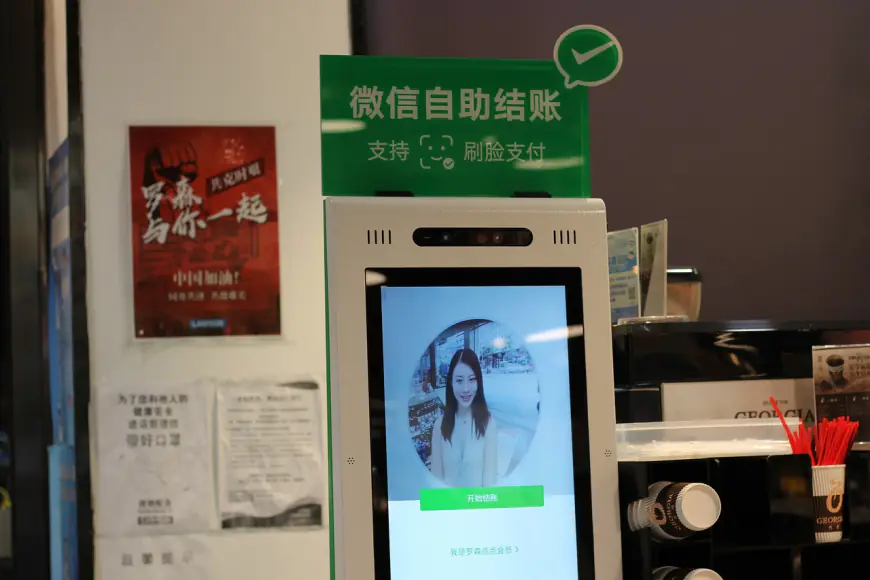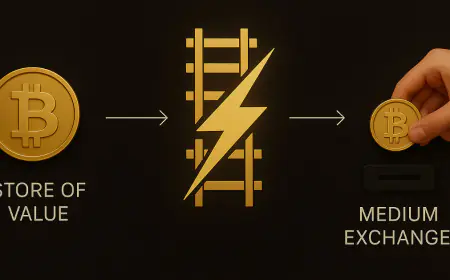China Asks Tencent to Cut WeChat Pay’s Market Share
Tencent is reportedly under pressure from Chinese regulators to lower the mobile payment market share for its WeChat Pay, as Beijing pushes for digital yuan. The reduction request targets in-person payments, which are done via QR codes, and not online shopping, according to a report by Nikkei, citing sources close to the development. Also read: […]

Tencent is reportedly under pressure from Chinese regulators to lower the mobile payment market share for its WeChat Pay, as Beijing pushes for digital yuan. The reduction request targets in-person payments, which are done via QR codes, and not online shopping, according to a report by Nikkei, citing sources close to the development.
Also read: China’s Digital Yuan Pilot to Include Cross-Border Transactions
Although specific figures for the desired reduction in WeChat Pay’s market share haven’t been revealed, the sources have insinuated that the mobile payment platform is not pushing for expansion. This, according to the report is because of concerns that come with being too large.
WeChat Pay Dominates Transactions
WeChat Pay and Alipay, which Ant Group operates, dominate China’s mobile payment landscape out of the nearly 185 non-bank payment institutions in the country. The regulatory call comes as the government is pushing for the adoption of government-backed digital currency – digital yuan or e-CNY.
The digital yuan’s initial rollout was in 2020, but it has faced challenges to gain acceptance because of its non-interest-bearing nature and restricted utility.
Also read: WeChat Joins Alipay in Supporting China’s Digital Yuan Payments
An account manager at a state-owned bank in Suzhou, Sammy Lin, concurred with this assertion, expressing their preference for not keeping funds in the e-CNY app because of the lack of interest.
According to Nikkei Asia, mobile payments in China are a profitable business. During the first quarter of 2024, total transactions via third-party service providers closed the period at 92.38 trillion yuan or $12 trillion. Of the total, QR code transactions dominated at 15.59 trillion yuan, according to Beijing-based consultancy Analysys.
Not sure if this should be taken seriously right now. No confirmation. But if true, how does one "lower market share" in something as ubiquitous as cashless payment via QR code in China without severely impacting its convenience to users? Almost everyone uses WeChat Pay instead…
— Brian Tycangco 鄭彥渊 (@BrianTycangco) May 31, 2024
While a breakdown of estimates of China’s mobile payments market share differs due to how companies calculate transactions, WeChat Pay is believed to be ahead of Alipay with a ratio of 3:2. WeChat is also said to be ahead regarding the number of transactions driven by small-value transactions.
The Directive Appalls Users
Some users took to X platform expressing shock and concerns over the directive. They also argued that it would be difficult to implement the requirement on a platform using QR codes for transactions.
Despite having a smaller marketing team than its counterpart, Alipay, WeChat has remained very popular in the country, reaching even older users in remote areas for communication and transactions.
Tencent has also enabled WeChat Pay to be accessible to international tourists in China. Recently, the tech giant signed a three-year agreement with tourism authorities in the Maldives to make WeChat Pay accessible to Chinese tourists visiting the Maldives.
The platform has been under a pilot phase in some restaurants, the airport, and some resorts like Banyan Tree Vabbinfaru and Velaa Private Island.
Cryptopolitan reporting by Enacy Mapakame
What's Your Reaction?





































































































